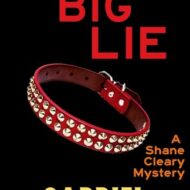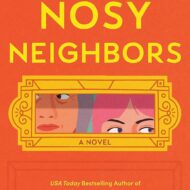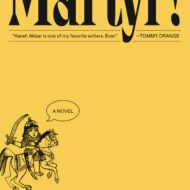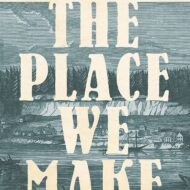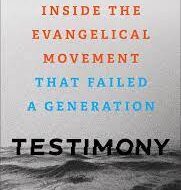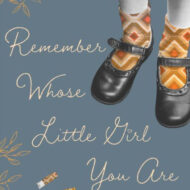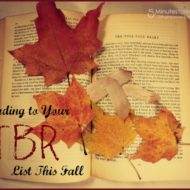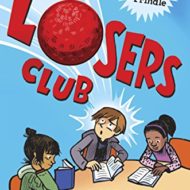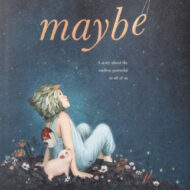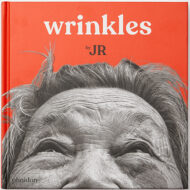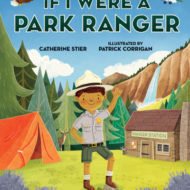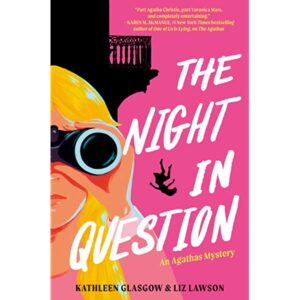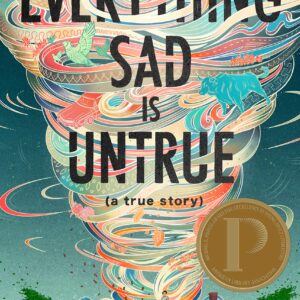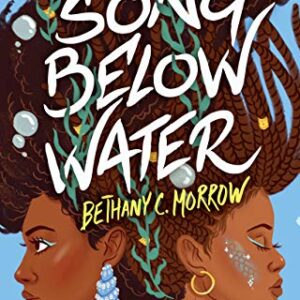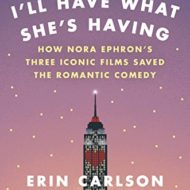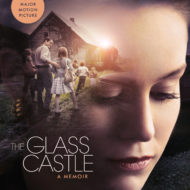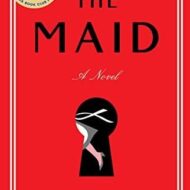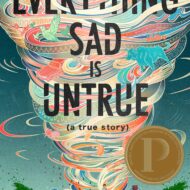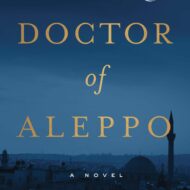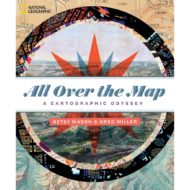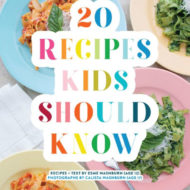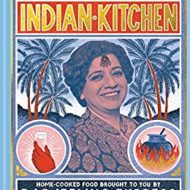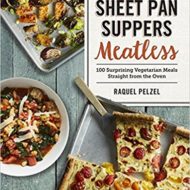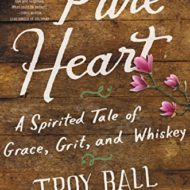As a book reviewer, I received a copy of this book for free from the publisher or author to facilitate this review. I received no other compensation, and all opinions are always 100% my own.

Riley and her brother, Ethan, are Almost Twins–at 11 months apart, they were inseparable as children and in the same grade through high school. But now, Riley feels distant from her brother. He and her closest high school friend, Beth, are less than a month from their picture-perfect wedding. Meanwhile, Riley’s body has been exhibiting some strange symptoms. Some days she can hardly walk, or her head will pound and she’ll nearly pass out. Other days she seems just fine. Her doctors are doing their best to convince her that it’s all in her head, since tests are showing nothing wrong. The only person who is sympathetic is Beth, who was in a horrific car accident months earlier and still suffers chronic back pain.
Riley goes to pick up her bridesmaid’s dress from the house Ethan and Beth are renovating together, but the door’s open and Beth is gone. There’s blood on the back deck and blood on a freshly-washed sheet hanging in the yard. All too soon, Beth’s body is discovered lying on a slope near the river.
Ethan has a temper, everyone knows, but Riley and her mom and sister are convinced of his innocence. In the small, close-knit town of North Haven, Ohio, everyone knows everybody’s secrets. Right? As Riley and her sister Audra begin to investigate, it soon becomes clear that some people have been awfully good at hiding things, and are willing to kill to keep them hidden.
Hidden Rooms seamlessly deals with family relationships between adult siblings and parents, the difficulties of handling chronic illness, different ways to deal with pain, and the joys of life in rural Ohio. It’s well written and gives a good sense of place. Highly recommended.
Amazon | Barnes & Noble | BookShop.org | Goodreads | CamCat Books
Author Bio:

Growing up in rural Ohio, Kate Michaelson simultaneously developed a love of nature and a strong desire to live closer to a mall. Pursuing the latter, she attended Ohio State, where she studied English and Psychology. After earning her MFA in Creative Writing, Kate worked as a technical writer and taught English at St. Petersburg College in Florida and, later, at the University of Toledo in Ohio. Over the years, she has published academic articles, creative nonfiction, poetry, and short stories. Her debut novel, Hidden Rooms, follows a distance runner who returns to her rural Ohio hometown and must clear her brother of murdering his fiancée while also seeking answers to her own medical mystery. As someone with Lyme disease and dysautonomia, Kate’s writing uses humor and suspense to explore the experience of coping with chronic illness. Ultimately, she wants to portray the reality of the challenges that invisible disabilities pose while also demonstrating that “ability” is not a binary concept—that illness does not equal a loss of self or agency.
Kate enjoys traveling, hiking, and trying (fruitlessly) to tire out her Labrador mix. She works in curriculum design and holds a Ph.D. in Educational Psychology. She lives with her husband and pets in Toledo, Ohio, only ten minutes from a mall she now avoids whenever possible.
